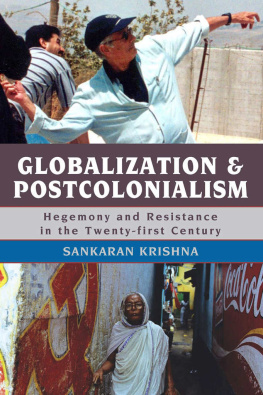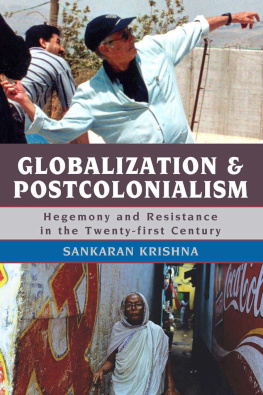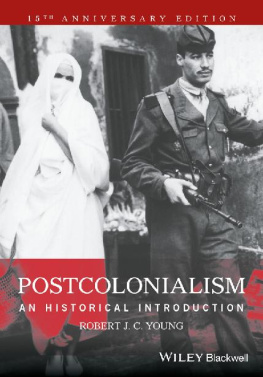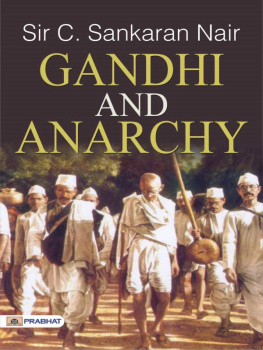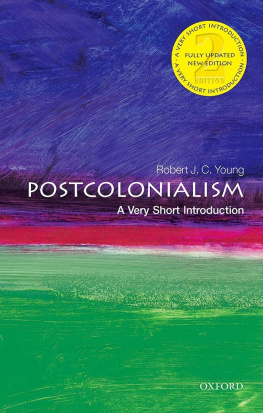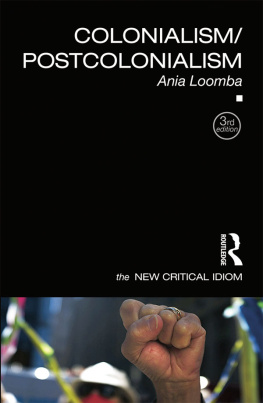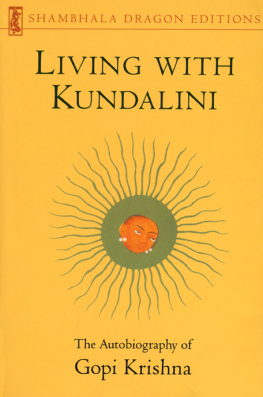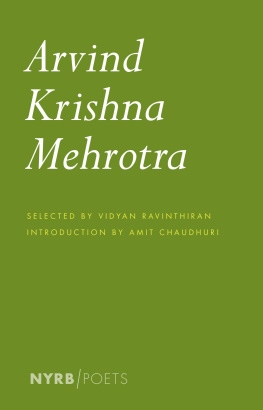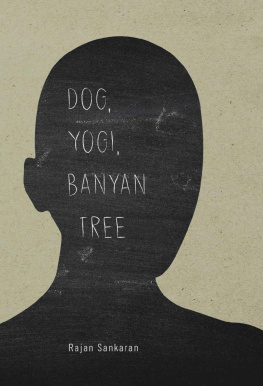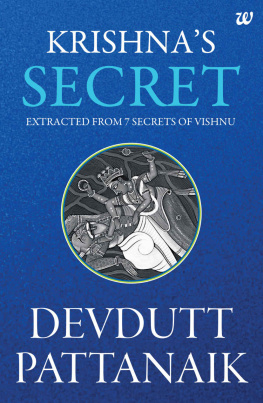Sankaran Krishna - Globalization and Postcolonialism
Here you can read online Sankaran Krishna - Globalization and Postcolonialism full text of the book (entire story) in english for free. Download pdf and epub, get meaning, cover and reviews about this ebook. year: 2008, publisher: Rowman & Littlefield Publishers, genre: Politics. Description of the work, (preface) as well as reviews are available. Best literature library LitArk.com created for fans of good reading and offers a wide selection of genres:
Romance novel
Science fiction
Adventure
Detective
Science
History
Home and family
Prose
Art
Politics
Computer
Non-fiction
Religion
Business
Children
Humor
Choose a favorite category and find really read worthwhile books. Enjoy immersion in the world of imagination, feel the emotions of the characters or learn something new for yourself, make an fascinating discovery.
- Book:Globalization and Postcolonialism
- Author:
- Publisher:Rowman & Littlefield Publishers
- Genre:
- Year:2008
- Rating:3 / 5
- Favourites:Add to favourites
- Your mark:
- 60
- 1
- 2
- 3
- 4
- 5
Globalization and Postcolonialism: summary, description and annotation
We offer to read an annotation, description, summary or preface (depends on what the author of the book "Globalization and Postcolonialism" wrote himself). If you haven't found the necessary information about the book — write in the comments, we will try to find it.
Globalization and Postcolonialism — read online for free the complete book (whole text) full work
Below is the text of the book, divided by pages. System saving the place of the last page read, allows you to conveniently read the book "Globalization and Postcolonialism" online for free, without having to search again every time where you left off. Put a bookmark, and you can go to the page where you finished reading at any time.
Font size:
Interval:
Bookmark:
GLOBALIZATION
AND POSTCOLONIALISM
GLOBALIZATION
Series Editors
Manfred B. Steger
Royal Melbourne Institute of Technology and University of Hawaii, Mnoa and
Terrell Carver
University of Bristol
Globalization has become the buzzword of our time. But what does it mean? Rather than forcing a complicated social phenomenon into a single analytical framework, this series seeks to present globalization as a multidimensional process constituted by complex, often contradictory interactions of global, regional, and local aspects of social life. Since conventional disciplinary borders and lines of demarcation are losing their old rationales in a globalizing world, authors in this series apply an interdisciplinary framework to the study of globalization. In short, the main purpose and objective of this series is to support subject-specific inquiries into the dynamics and effects of contemporary globalization and its varying impacts across, between, and within societies.

 Supported by the Globalization Research Center at the University of Hawaii at Mnoa.
Supported by the Globalization Research Center at the University of Hawaii at Mnoa.
GLOBALIZATION
AND POSTCOLONIALISM
HEGEMONY AND RESISTANCE IN THE TWENTY-FIRST CENTURY
SANKARAN KRISHNA
ROWMAN & LITTLEFIELD PUBLISHERS, INC.
Lanham Boulder New York Toronto Plymouth, UK
ROWMAN & LITTLEFIELD PUBLISHERS, INC.
Published in the United States of America
by Rowman & Littlefield Publishers, Inc.
A wholly owned subsidiary of The Rowman & Littlefield Publishing Group, Inc.
4501 Forbes Boulevard, Suite 200, Lanham, Maryland 20706
www.rowmanlittlefield.com
Estover Road
Plymouth PL6 7PY
United Kingdom
Copyright 2009 Rowman & Littlefield
All rights reserved . No part of this publication may be reproduced, stored in a retrieval system, or transmitted in any form or by any means, electronic, mechanical, photocopying, recording, or otherwise, without the prior permission of the publisher.
British Library Cataloguing in Publication Information Available
Library of Congress Cataloging-in-Publication Data:
Globalization and postcolonialism : hegemony and resistance in the twenty-first century / Sankaran Krishna.
p. cm.
Includes bibliographical references and index.
ISBN-13: 978-0-7425-5467-2 (cloth : alk. paper)
ISBN-10: 0-7425-5467-8 (cloth : alk. paper)
ISBN-13: 978-0-7425-5468-9 (pbk. : alk. paper)
ISBN-10: 0-7425-5468-6 (pbk. : alk. paper)
eISBN-13: 978-0-7425-5764-2
eISBN-10: 0-7425-5764-2
1. Postcolonialism. 2. ColoniesHistory. 3. ColonizationHistory. 4. Globalization. 5. Hegemony. I. Krishna, Sankaran.
JV152.G56 2009
327.101dc22 2008032485
Printed in the United States of America
 The paper used in this publication meets the minimum requirements of American National Standard for Information SciencesPermanence of Paper for Printed Library Materials, ANSI/NISO Z39.48-1992.
The paper used in this publication meets the minimum requirements of American National Standard for Information SciencesPermanence of Paper for Printed Library Materials, ANSI/NISO Z39.48-1992.
For Jorge Luis Andrade Fernandes (19682004)
A CKNOWLEDGMENTS
T here are at least two reasons to delight in composing the acknowledgments page of a book: it means you are almost done, and it is always a pleasure to record the support of friends. I owe a big thank you to all my colleagues at the department of political science at the University of Hawaii, especially Jon Goldberg-Hiller, Mike Shapiro, Kathy Ferguson, Noenoe Silva, Nevzat Soguk, Neal Milner, Bianca Isaki, Samson Opondo, and Rohan Kalyan. Patrick Johnston was coolly efficient as he made the tables, hunted down references, prepared the index, proofed the manuscript, and offered sensible advice on content and style. Itty Abraham and Srirupa Roy have long shared my obsession with India, postcoloniality, the 1950s, and sundry other matters, and they remain my co-tenants in that strange niche between political science, critical theory, and South Asian studies that we have carved for ourselves. I thank Manfred Steger for inviting me to contribute this volume to the globalization series and for his confidence that I was the right person for the topic. I have tested Susan McEacherns patience greatly and her cheerful support and encouragement has been invaluable. I should also thank an anonymous reviewer for a robust critique even if I have not allayed all the concerns raised therein. Every time I telephoned home, that is to say every other week, my dad would inquire about the progress of the book. The pressure to give him some upbeat news was relentless and undoubtedly did a great deal to ensure its completion. I hope he will find it was worth the wait.
This book is dedicated to my dear friend and colleague, Jorge Fernandes. Jorge did his Ph.D. in our department and wrote a brilliant dissertation that has since been published as a book ( Challenging Euro-Americas Politics of Identity: The Return of the Native , Routledge, 2008). He left the islands in the fall of 2004 to accept a position at Bowling Green State University in Ohio. A few months later he died in a car accident. Jorge enriched our lives immensely. He was a voracious reader with an incredible ability to discern nuance and was always a supportive and constructive critic of our work. His quiet and completely unselfish presence made a huge difference to so many of us, and I miss him terribly. There were many times during the writing of this book when I felt the task was beyond me. At such moments of despair, I would recall Jorge and the gentle and funny ways in which he would help shore up your spirits and get you back on track. Even as I dedicate this book to his memory, I realize that yet again I owe Jorge more than he does me.
I NTRODUCTION
GLOBALIZATION AND POSTCOLONIALISM: HEGEMONY AND RESISTANCE IN THE TWENTY-FIRST CENTURY

SUMMARY OF THE ARGUMENT
I n 1492 Christopher Columbus embarked on an intrepid voyage to find the fabled riches of the Indies. The India of his fervid imagination was a space of immense wealth and exotic goods. His voyage was underwritten by royal patronage of Queen Isabella and King Ferdinand of Spain, and its success was seen as greatly enhancing the prestige of the kingdom. Yet, barely five centuries later, India, or the Indies, was synonymous with poverty, squalor, backwardness, superstition, and overpopulation. Far from being a desired space, it was the quintessential third-world country, exporting nothing but communicable diseases, as a former U.S. ambassador to New Delhi, Daniel Moynihan, once acidly remarked.1 How did this space get transformed in the imagination of the world from one of unsurpassed wealth to degrading squalor in a matter of just a few centuriesthe blink of an eye in historical time? In many senses, the story of the decline of India in the European imagination is also the story of relations between the West and the non-Western world. This book is about two competing stories that seek to explain or make sense of this historical developmentthe narratives of modernization and underdevelopment. It argues that neoliberal globalization is the latest intellectual heir of the first story, namely, modernization, and postcolonialism is the child of the second story, that of underdevelopment and of resistance to the story of modernization.
Even a casual observer of the academic and intellectual world of today will be struck by the ubiquity of two words: globalization and postcolonialism. This book will investigate the intimate relationship between the historical and contemporary socioeconomic processes that these two terms attempt to capture. In a nutshell, the book argues that although globalization is a movement that is suffusing the entire world with a form of production based on free-market capitalism and an attendant ideology of individualist consumerism, postcolonialism articulates a politics of resistance to the inequalities, exploitation of humans and the environment, and the diminution of political and ethical choices that come in the wake of globalization. If neoliberal globalization is the attempt at naturalizing and depoliticizing the logic of the market, or the logic of the economy, postcolonialism is the effort to politicize and denaturalize that logic and demonstrate the choices and agency inherent in our own lives. In brief, this book will argue that if globalization is the reigning or hegemonic ideology in the world today, postcolonialism, at its best, constitutes one of its main adversaries or forms of resistance to its sway.
Next pageFont size:
Interval:
Bookmark:
Similar books «Globalization and Postcolonialism»
Look at similar books to Globalization and Postcolonialism. We have selected literature similar in name and meaning in the hope of providing readers with more options to find new, interesting, not yet read works.
Discussion, reviews of the book Globalization and Postcolonialism and just readers' own opinions. Leave your comments, write what you think about the work, its meaning or the main characters. Specify what exactly you liked and what you didn't like, and why you think so.

